
Diversified trade key to Canada’s economic growth: Barton
When speaking about Saskatchewan and the economic prospects on the horizon for the province, Dominic Barton tells a story about South Korea in the early 1970s.
The country’s leadership at the time was adamant that it needed a steel-making industry to build infrastructure and drive economic development, despite warnings from nearly every analyst in the world.
That steel company is now one of the largest in the world, as is South Korea’s economy.
“If those … people were in Saskatchewan, I think we’d have to chain them down because they’d go crazy … I really think there’s lot of opportunity,” said Barton, the chair of the federal government’s advisory council on economic growth, and senior partner and managing director of consulting giant McKinsey and Co.
Barton is in Regina this week to speak at Tuesday’s Hill Business Dinner, hosted annually by students from the Paul J. Hill School of Business at the University of Regina. Barton is also to receive the first HILL award, given to a business leader in honour of their integrity, legacy and leadership.
Barton, who until July held the global managing partner post at McKinsey, is quite bullish on Saskatchewan’s prospects on the world stage, and believes the province and all of Canada need to move faster to broaden their trading horizons.
There are, of course, massive opportunities in agri-food (“Saskatchewan is a place that has what so many people would want”) and commodities (“On fossil fuels, they’re not going away in 10 years”). But Barton also points to opportunities in health care (“We have the basis for the best health care innovation in the world … but you’ve got to relax some of the regulations”), tourism (“We don’t get anywhere near our fair share of people coming from Asia into this country”) and artificial intelligence (“We’re becoming a leading AI centre in the world because of the talent we have.”).
Barton was recently named chancellor of the University of Waterloo, home to one of the major epicentres of AI research in Canada.
The largest potential customer for any of those industries right now is Asia, but the best way of getting into those markets is the issue. Barton suggests business and governments try to focus on one city in those markets and expand from there.
“Chongqing has 40 million people, so how about in Canada we just focus on that one city for a while,” he said. “There’s 20 other cities at 20-million-plus … let’s focus and get our products there.”
“There’s a lot we can do — get some runs on the board if you will — so people see it and then accelerate from there.”
And while navigating that relationship may be complicated because of the current climate around trade, thanks largely to U.S. President Donald Trump, Barton believes Canada needs to do what it can on its own.
All of that is, however, easier said than done. Canada still has major infrastructure hurdles to overcome (pipelines are needed, as are upgrades to ports and rail systems, he said) and better access to foreign markets is needed for small- and medium-sized businesses.
As well, he’d like to see more connections for Canadians earlier in life with schools teaching more about emerging economies, and an increase in the number of students going abroad to Asia and in those coming to Canada.
“Having better linkages with these markets is going to create more jobs, create larger Canadian companies,” he said.
Latest Posts
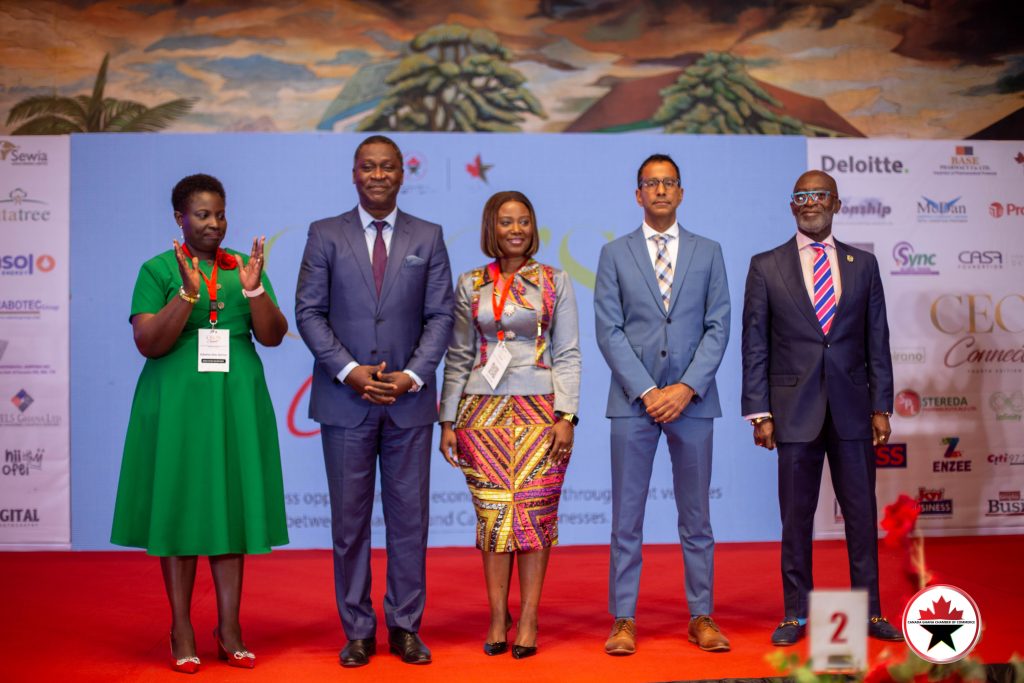
CEO’s Connect 2024: Exploring Business Opportunities for Economic Growth
September 05, 2024

September 05, 2024

August 08, 2024

157TH Canada Day Celebration: Celebrating Strong Bilateral Trade between Canada and Ghana
July 01, 2024

FATHER’S DAY DINNER WITH PRINCE KOFI AMOABENG
July 01, 2024
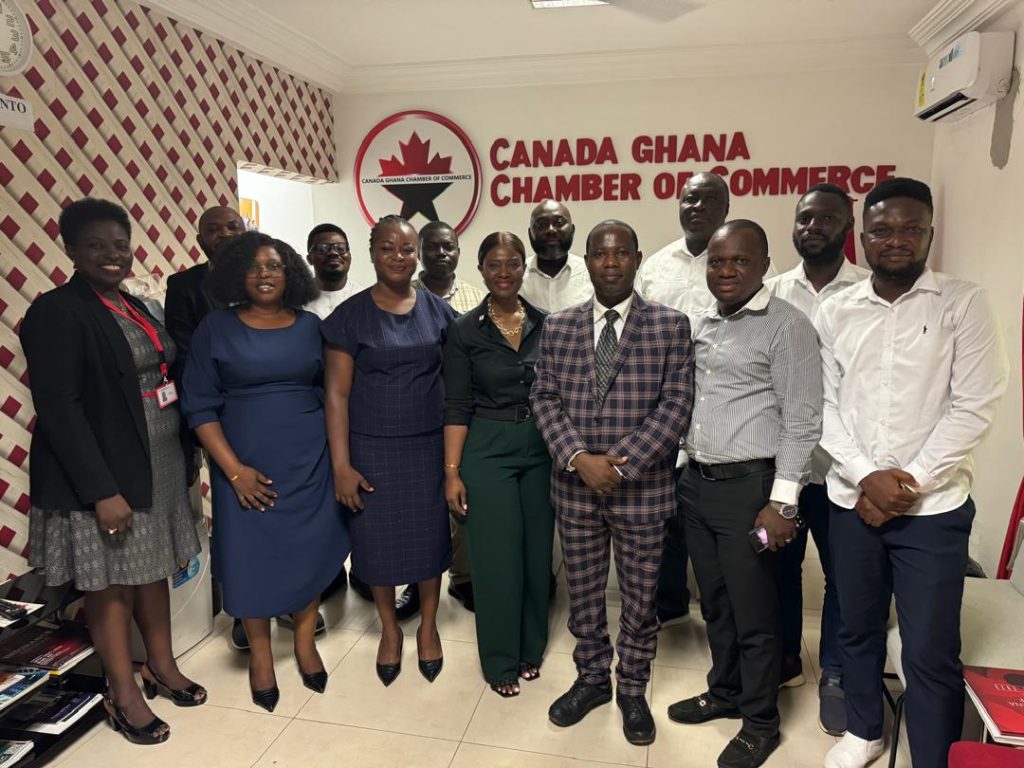
FREIGHT FORWARDERS AND LOGISTICS SECTOR MEETING
July 01, 2024
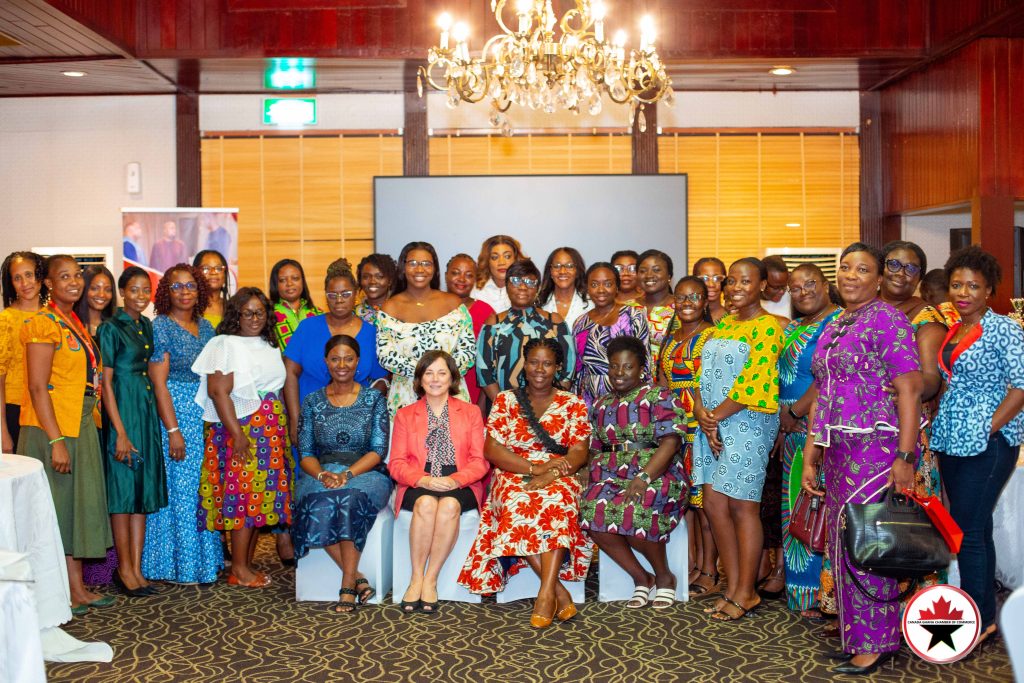
Celebrating Women at the Mother’s Day Dinner
June 03, 2024

CANCHAM Pharmaceutical Sector Meeting Highlights
June 03, 2024

In-house Presentation (May Edition)
June 03, 2024

CANCHAM ANNUAL GENERAL MEETING
May 08, 2024

Construction Sector Meeting Hosted by CANCHAM
May 08, 2024
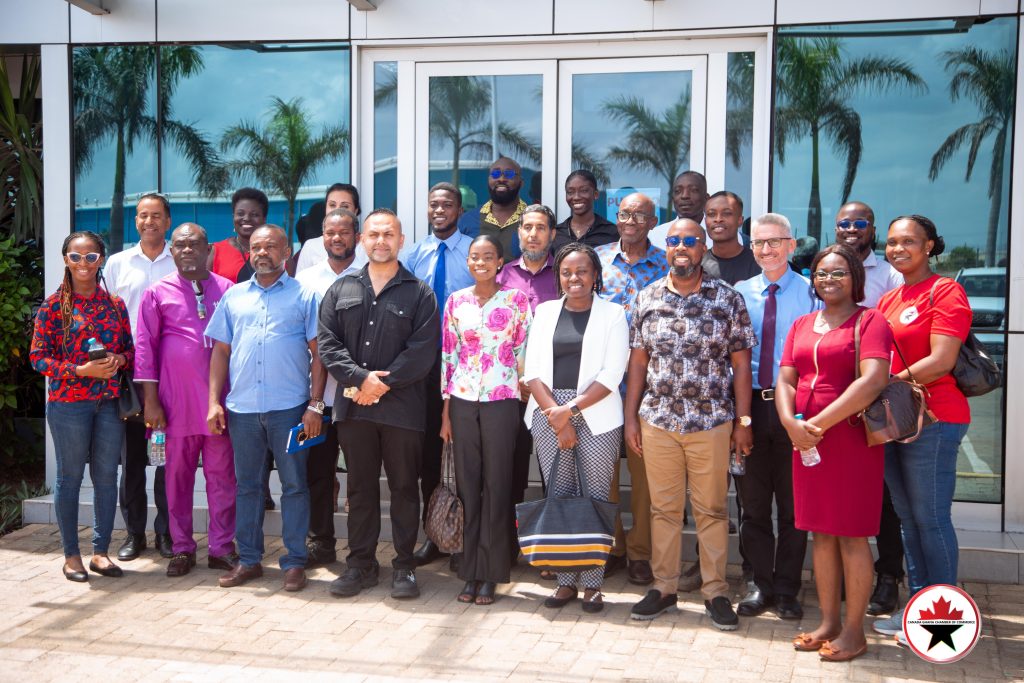
INDUSTRIAL TOUR TO MERIDIAN PARK BY LMI HOLDINGS
May 08, 2024
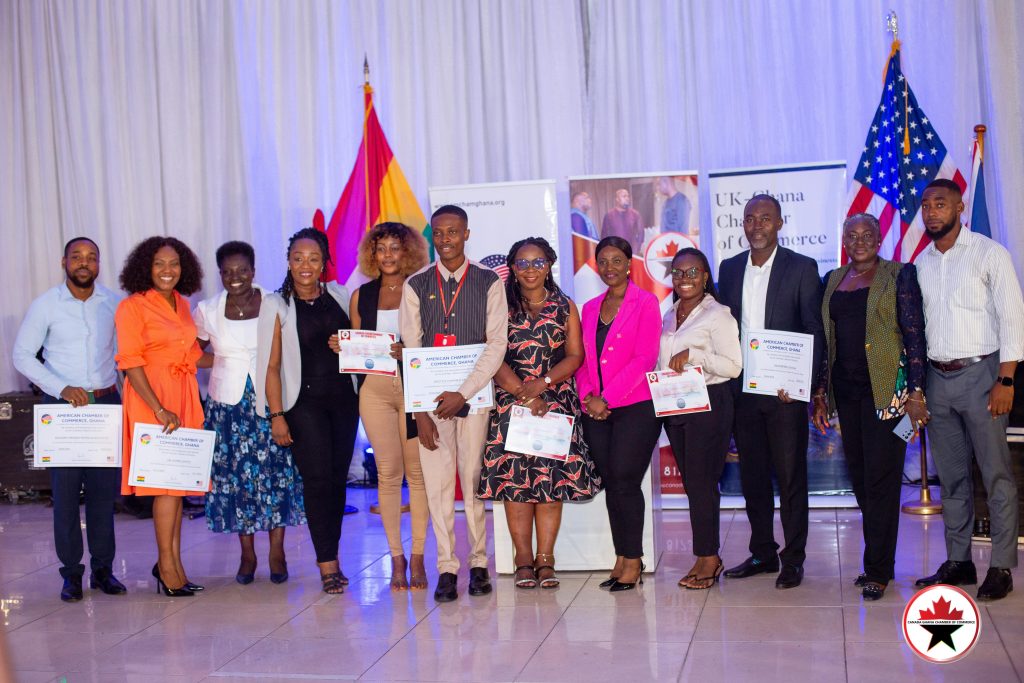
A JAZZ AND WHISKY AFFAIR: A Tri-Chamber Collaboration!
May 08, 2024

May 08, 2024
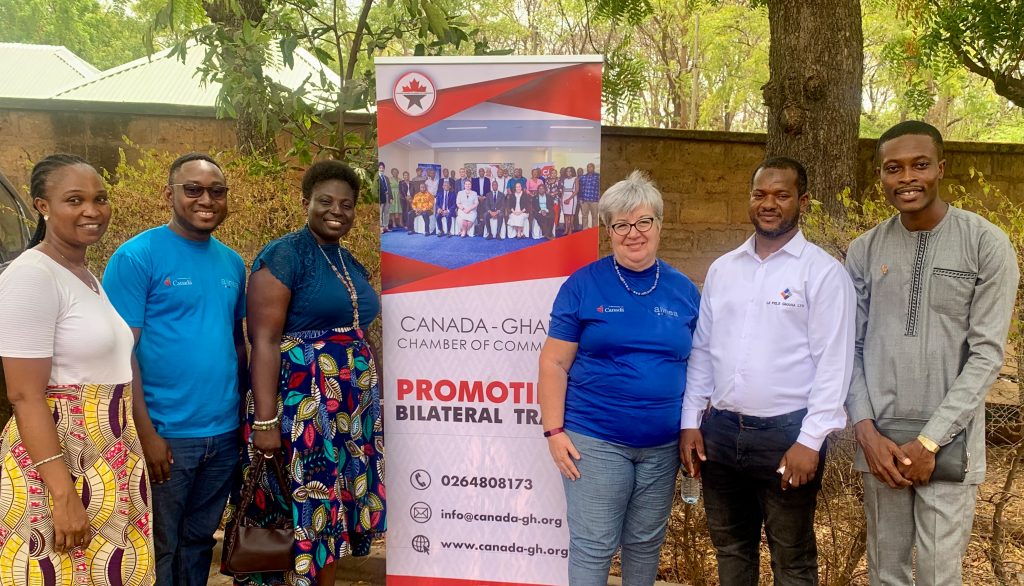
EMPOWERING THE FUTURE: ALINEA FOUNDATION’S WEE-NORTH PROJECT AGM
April 04, 2024

EMPOWERING CHANGE: CANCHAM AND JOY BUSINESS INTERNATIONAL WOMEN’S DAY DIALOGUE
April 04, 2024

April 04, 2024

EXPLORING FLAVORFUL HORIZONS: A JOURNEY WITH FREDDIE BEVERAGES
April 04, 2024

EXPLORING HORIZONS: INSIGHTS FROM HOLLARD INSURANCE’S JOURNEY
April 04, 2024

UNLOCKING OPPORTUNITIES: SENA CHARTERED SECRETARIES LIMITED’S EXPANSION ENDEAVOR
April 04, 2024









